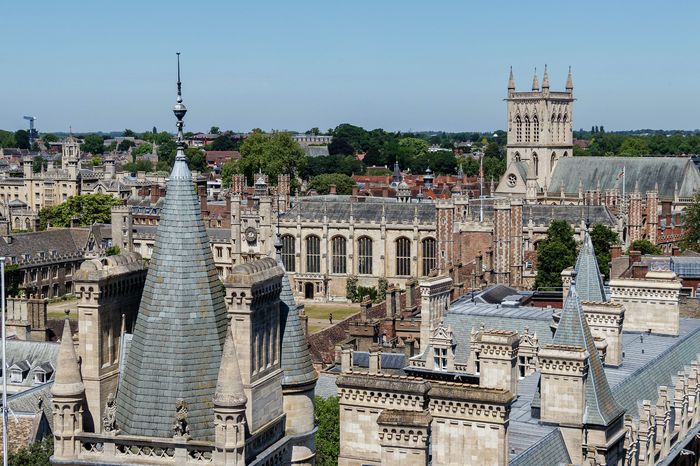University mental health service ineffective, says leaked report
The draft report, leaked to the BBC, describes Cambridge’s mental health provision as ‘untargeted’ and ‘unsustainable’

The University of Cambridge’s mental health services have been described as “ineffective”, “untargeted” and “unsustainable” in a draft report leaked to the BBC.
The report, commissioned by the University but carried out externally, found that gaps in strategy around suicide prevention were “pressing”, and carried “significant risk to the university, including of increased incidence of student suicide and near misses”.
The final draft was completed in September, and therefore predates the five suspected suicides last academic year.
The report found that there was no University-wide strategy for preventing and responding to suicide. It also criticised the lack of an out-of-hours crisis service for suicidal students. Both of these issues had been raised in previous reviews.
Also noted in the report was rising dissatisfaction with the system among students and staff as well as “wide variations” in the care available between colleges.
College staff with a welfare role were also found to be “overstretched” and “dealing with often significant issues and a high level of demand and risk”.
More broadly, the review found that the “current approach is uncoordinated and there is no clarity of purpose or definition of the university’s role, aims or limits in its support for student mental health and wellbeing”.
Concerns were also raised about the cost of the University’s mental health provision. Cambridge spends £4.5m per annum on mental health services, making it “one of the biggest spenders on student mental health … in the sector”.
The report noted that “without a clear plan, [costs] will continue to spiral given the projected … increase in student demand for support”.
The structure of the University Counselling Service (UCS) was described as “ineffective” due to an upper limit of four counselling sessions for self-referring students before they are directed to group therapy or charity-funded alternatives.
The review found that 33% of students end up returning to UCS after being discharged, and noted that anecdotal evidence suggests that many find themselves moving “around different sources of provision offered across [the] collegiate university”.
Relatedly, the report criticised the University’s current policy of offering students one-to-one counselling, both through the UCS and internal college systems. The review concluded that the “current approach is ineffective”, and “does not discern between varying levels of student need, is untargeted and is unsustainable”.
In response to the report, Natalie Acton, head of student wellbeing at Cambridge, said: “We now have a significant programme of reform across the colleges and university to make sure we’re doing everything we possibly can, but that’s a journey.”
She added that “It’s a journey that our students are very much engaged with and we constantly consult our students on this.”
She also announced a number of changes being made in response to the report to ensure that “for every student there is a minimum base line of support they can access”.
“In colleges that will include each having an academic who can support them in terms of their wellbeing but they will also have a wellbeing practitioner who will be able to work with them to prevent mental health problems becoming difficult”.
Acton also announced that training for University staff was being developed, and a “much stronger relationship” with local NHS services had been forged. Additionally, from October there will be out-of-hours support to enable staff helping distressed students to contact mental health professionals.
 News / Candidates clash over Chancellorship25 April 2025
News / Candidates clash over Chancellorship25 April 2025 News / Cambridge professor paid over $1 million for FBI intel since 199125 April 2025
News / Cambridge professor paid over $1 million for FBI intel since 199125 April 2025 Interviews / Dr Ally Louks on going viral for all the wrong reasons25 April 2025
Interviews / Dr Ally Louks on going viral for all the wrong reasons25 April 2025 Music / The pipes are calling: the life of a Cambridge Organ Scholar25 April 2025
Music / The pipes are calling: the life of a Cambridge Organ Scholar25 April 2025 Comment / Cambridge students are too opinionated 21 April 2025
Comment / Cambridge students are too opinionated 21 April 2025






